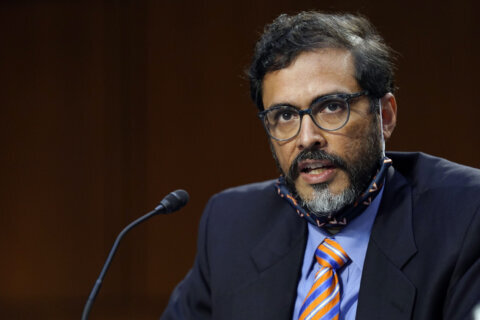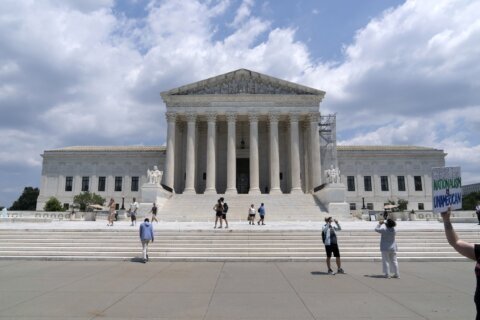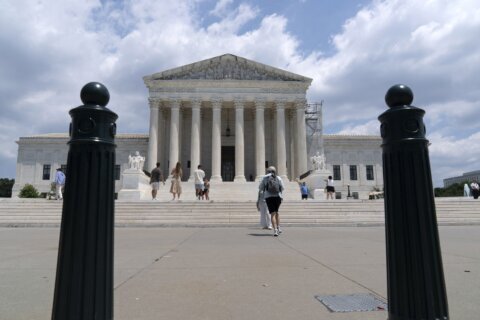▶ Watch Video: Supreme Court begins final month of annual term and expected to rule on major cases
Washington — The Supreme Court on Monday said it would hear a bid from the FBI involving the post-9/11 surveillance of three Muslim men from California who allege the federal government covertly gathered information about them based on their religion.
The FBI appealed to the Supreme Court after a ruling from the 9th U.S. Circuit Court of Appeals that said claims brought by the men in 2011 can proceed. The case will be heard by the Supreme Court in its next term, which begins in October, and is the second involving the so-called state secrets privilege the justices will decide.
The dispute arose from the FBI’s use of a confidential informant from 2006 to 2007 to infiltrate the Muslim community in Orange County, California, and secretly collect information about its members, including names, phone numbers and emails. The operation lasted for more than a year, but fell apart when the informant, Craig Monteilh, made statements about inciting violence, which led members of the Islamic community to report him to law enforcement, according to filings with the Supreme Court.
Three of the men who met with and were surveilled by Monteilh — Sheikh Yassir Fazaga, Ali Uddin Malik and Yasser AbdelRahim — sued the federal government and FBI in federal court in 2011, alleging unlawful searches and unlawful discrimination on the basis of religion. The bureau, they argued, secretly gathered information about them and other Muslims based solely on their religion.
The FBI moved to dismiss the claims from the three Muslim-American men and invoked the state secrets privilege, which allows the government to block the release of any information in a lawsuit that could harm national security if disclosed.
A federal district court in California dismissed the claims against the government in 2012, arguing the case “involves intelligence that, if disclosed, would significantly compromise national security.” But the 9th U.S. Circuit Court of Appeals reversed the lower court’s decision and instead said a section of the Foreign Intelligence Surveillance Act (FISA), which regulates the government’s collection of electronic surveillance, supersedes the state secrets privilege.
The lower court, the 9th Circuit said, should have relied on the FISA procedures to adjudicate the legality of the challenged electronic surveillance.
In urging the Supreme Court to hear the case, the Justice Department said the decision from the appeals court “transforms that government-protective shield into a private sword that inventive litigants may seek to use to litigate the merits of any suit that relates in some manner to electronic surveillance.”







